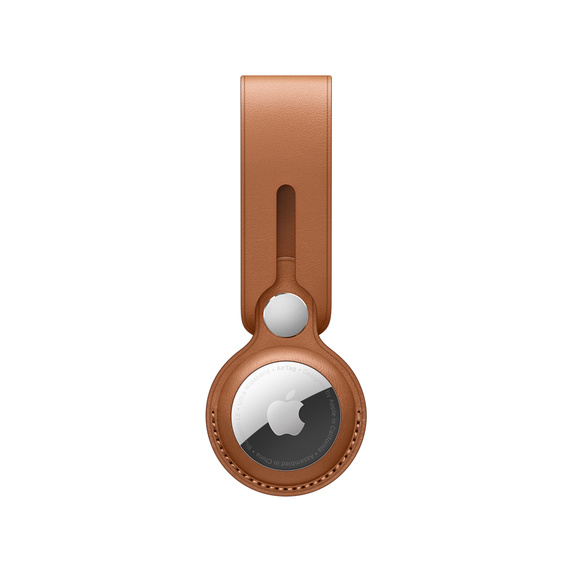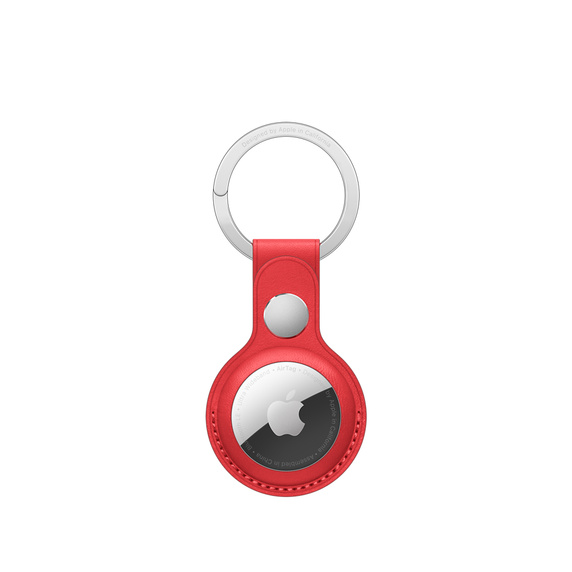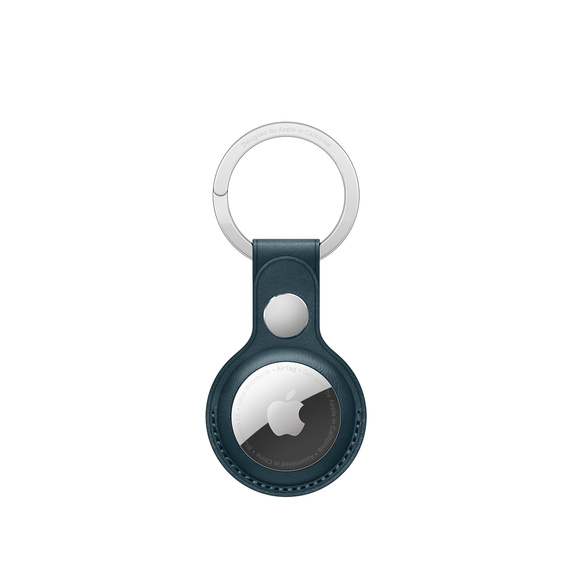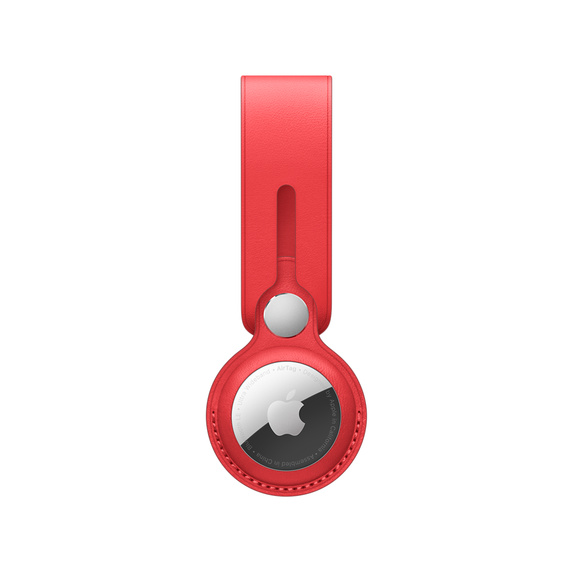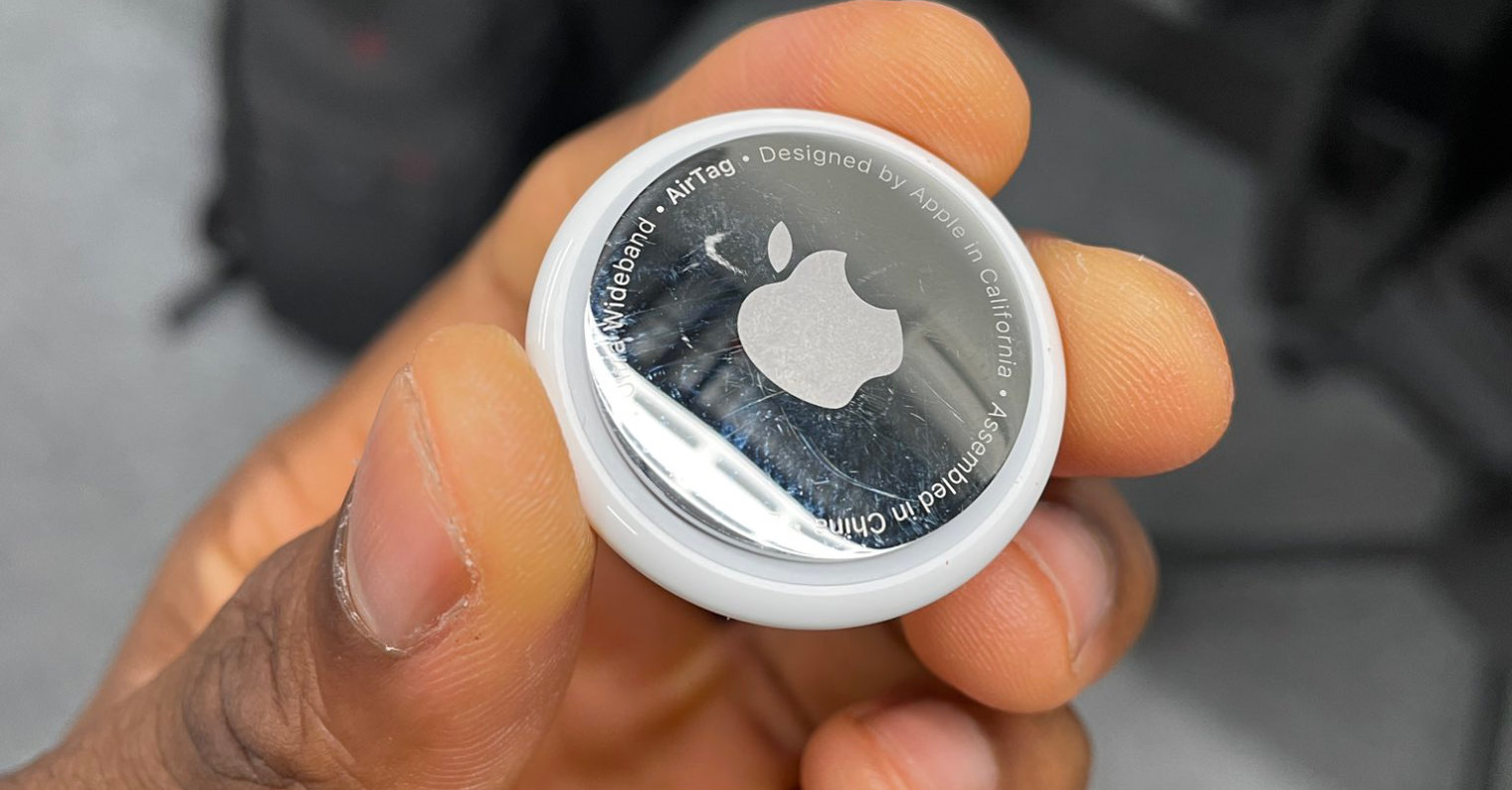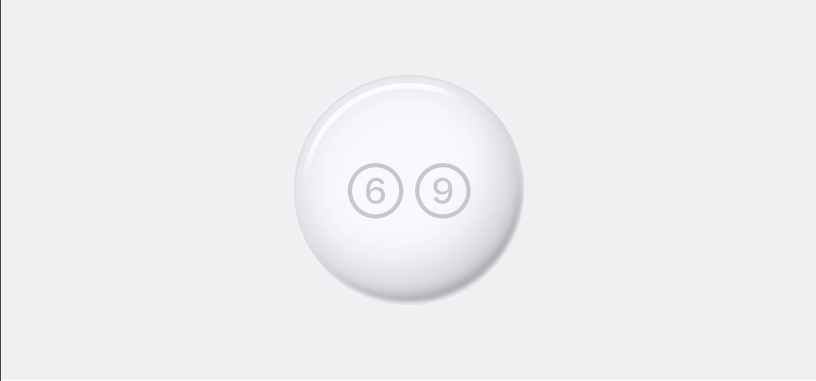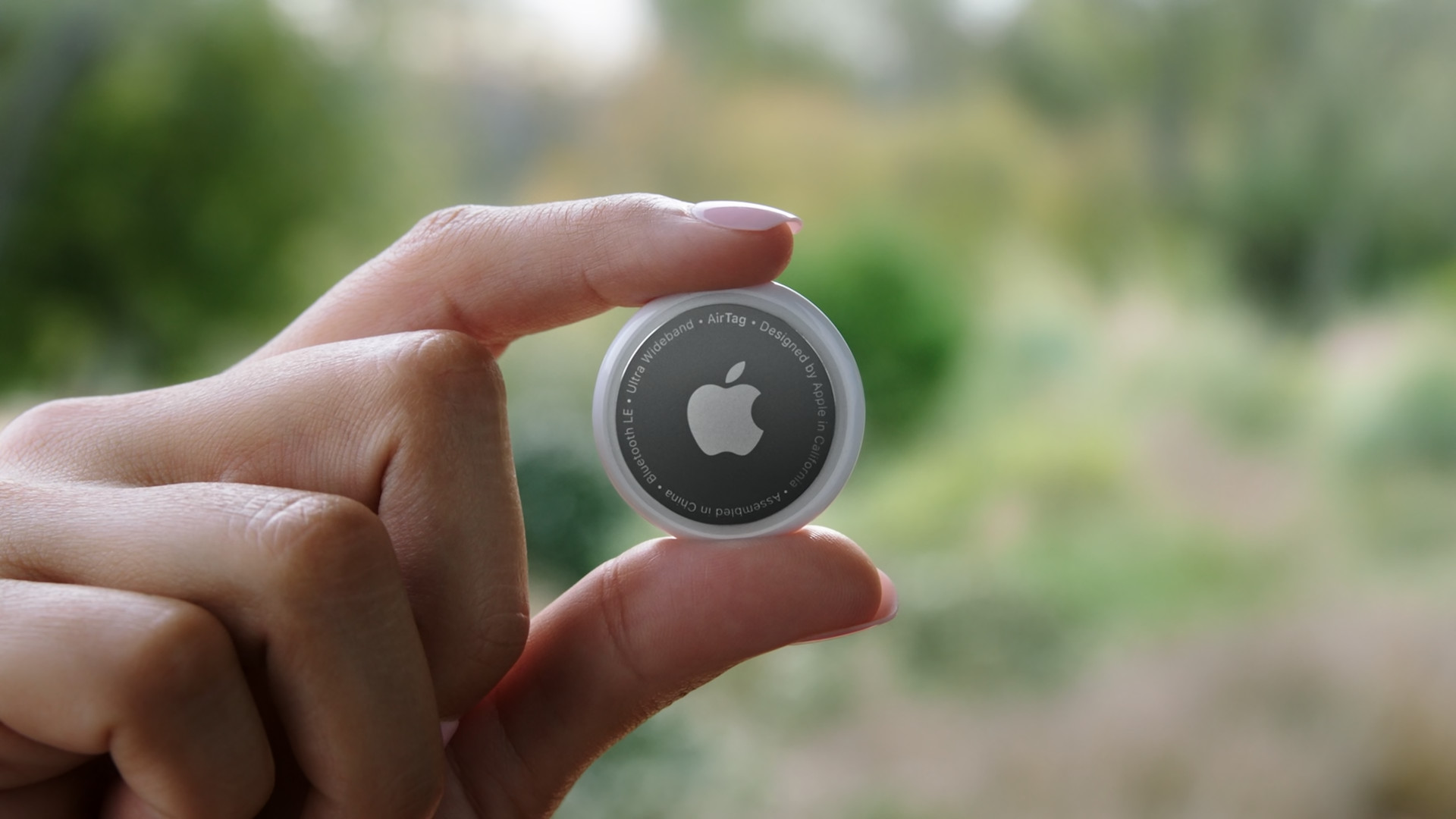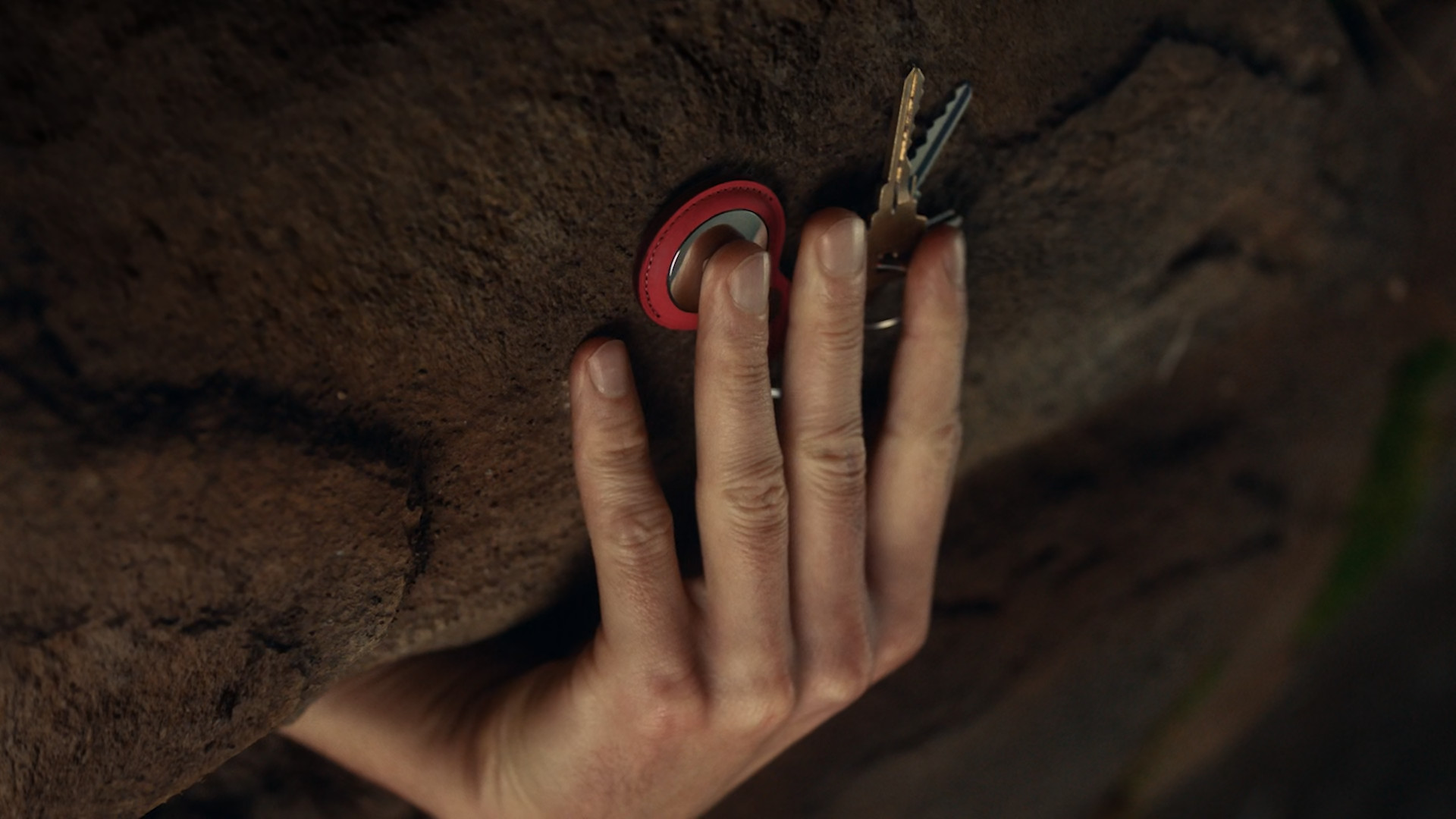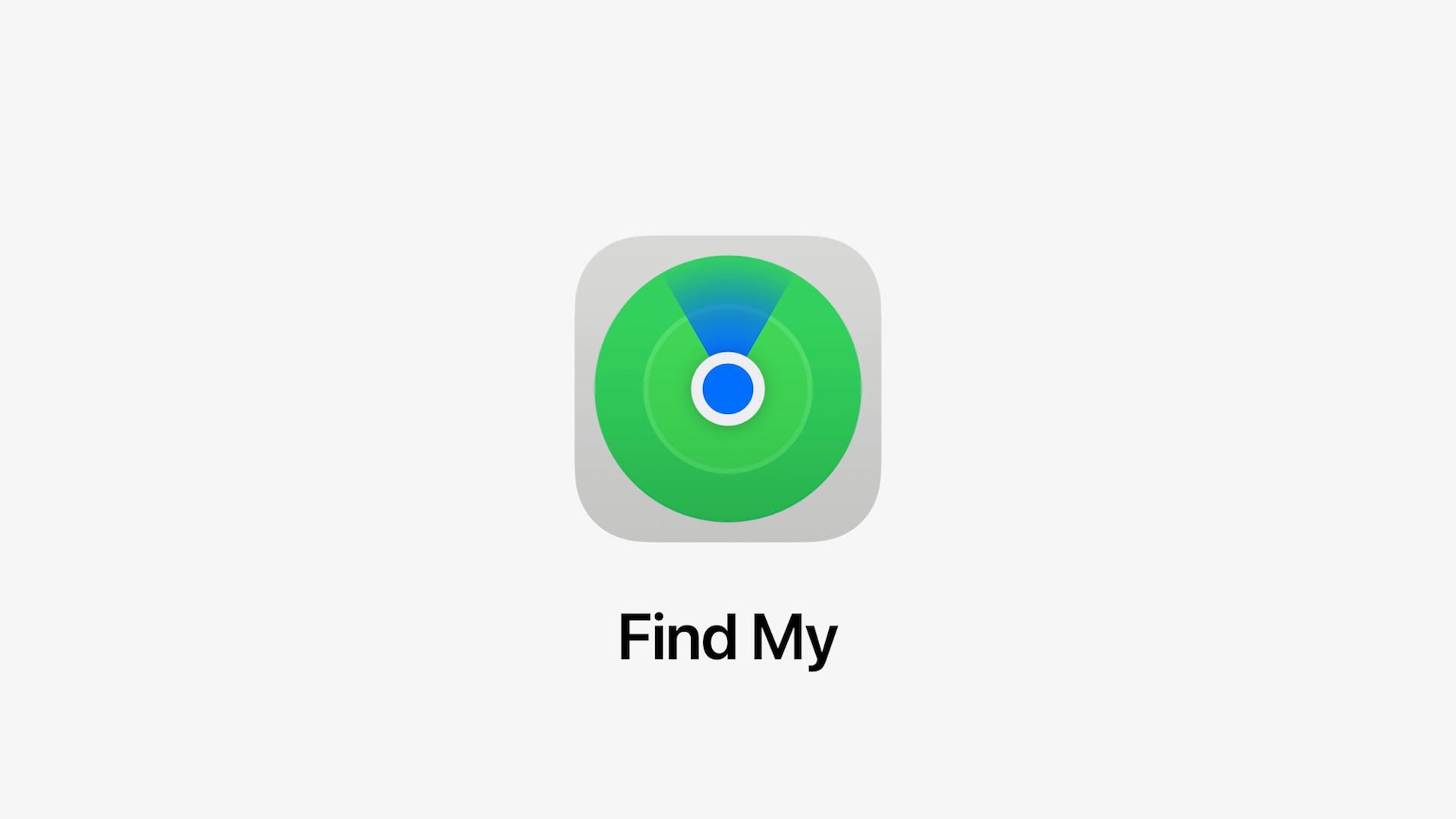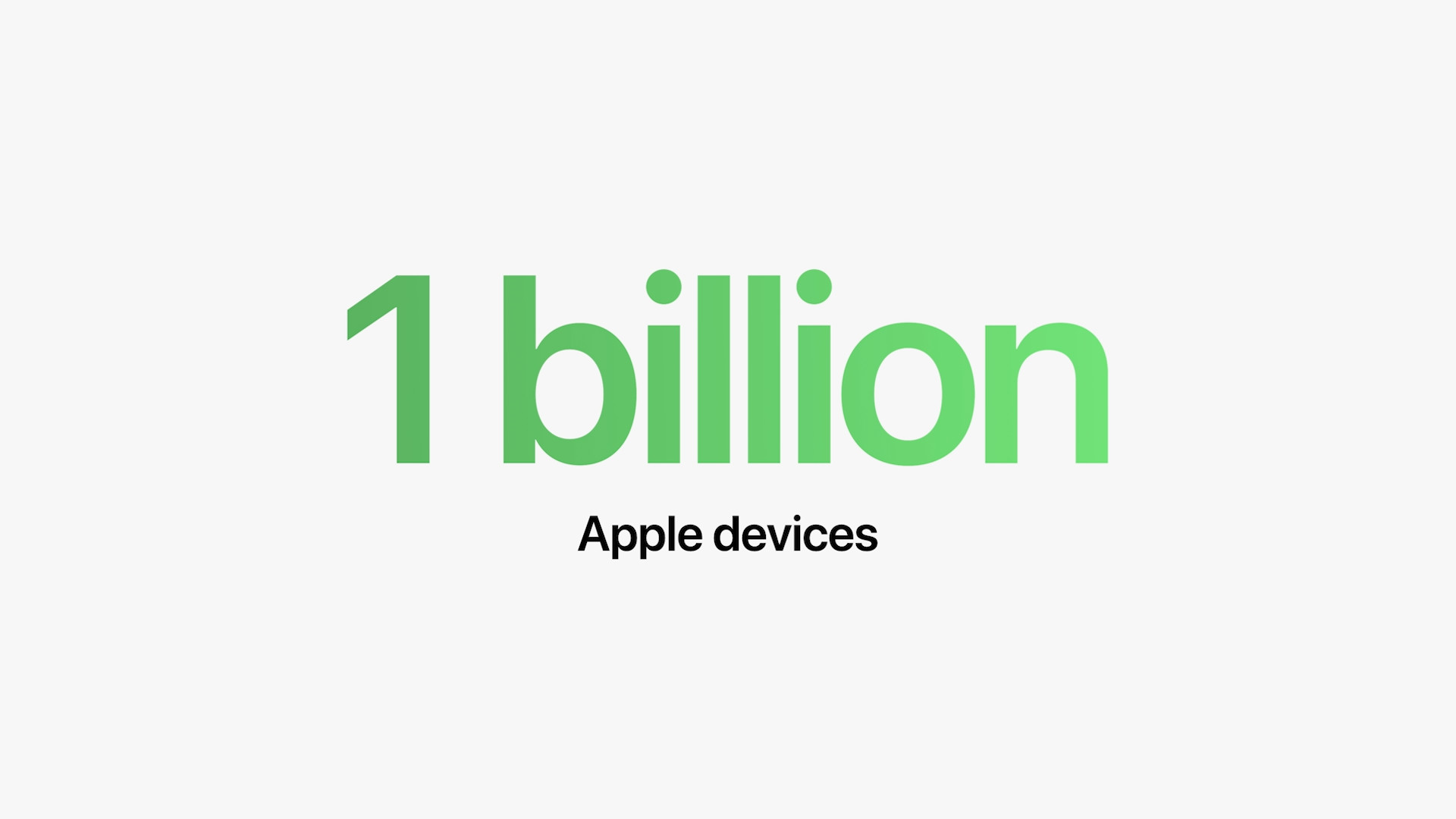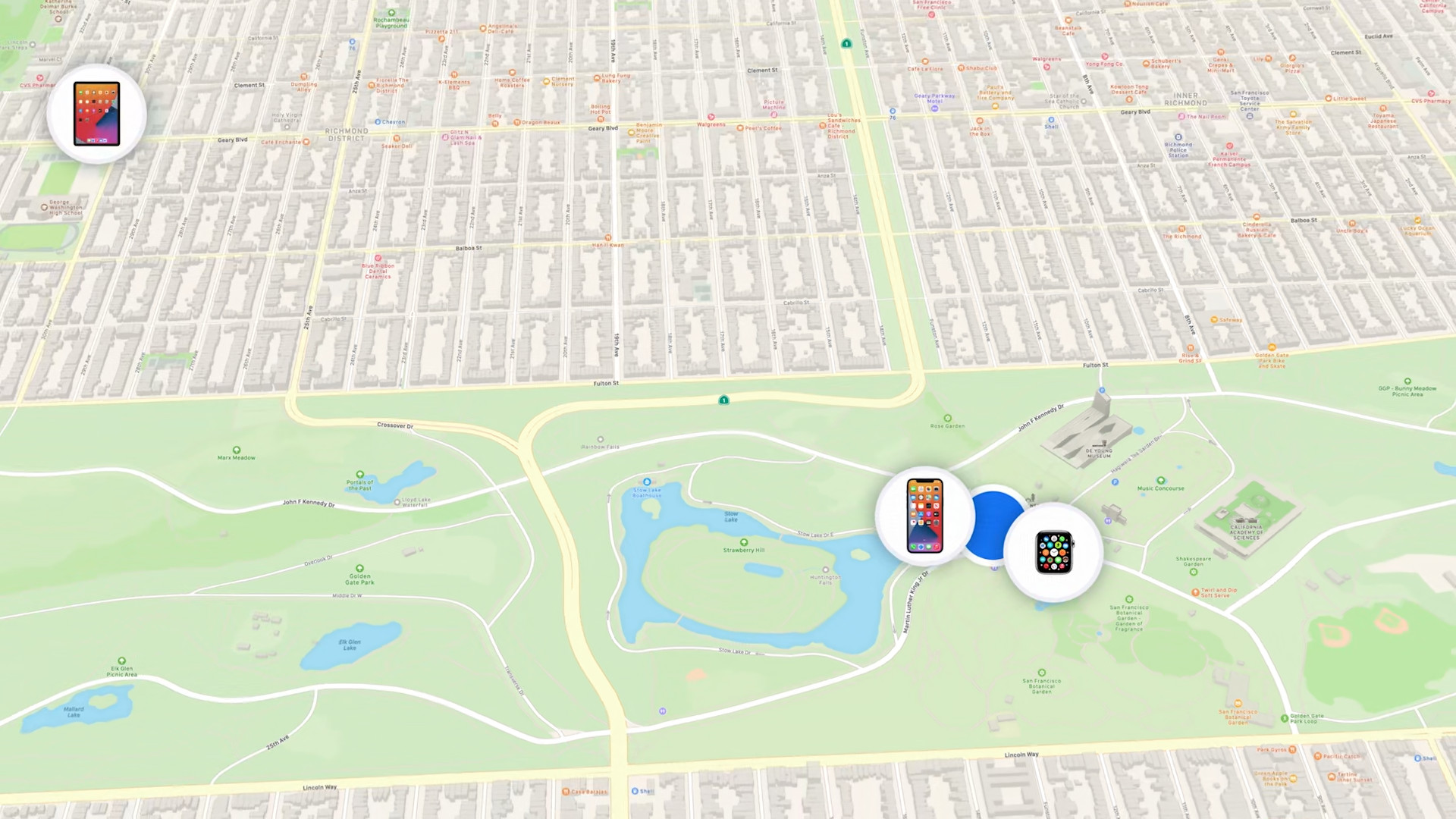FCC filings for newly issued AirTags revealed that Apple had already started regulatory testing almost two years before their official announcement - when they were first speculated about. Just as long ago, he also tried to obtain regulatory approval. But the Federal Commission is not the only one that had an influence on delaying the release of this accessory. Advice documents submitted to the United States Federal Communications Commission (FCC) indicates that the AirTag underwent official certification between July and November 2019. Despite testing taking place in mid-2019, official regulatory certification reports were not released until September and October of last year year.
It could be interest you
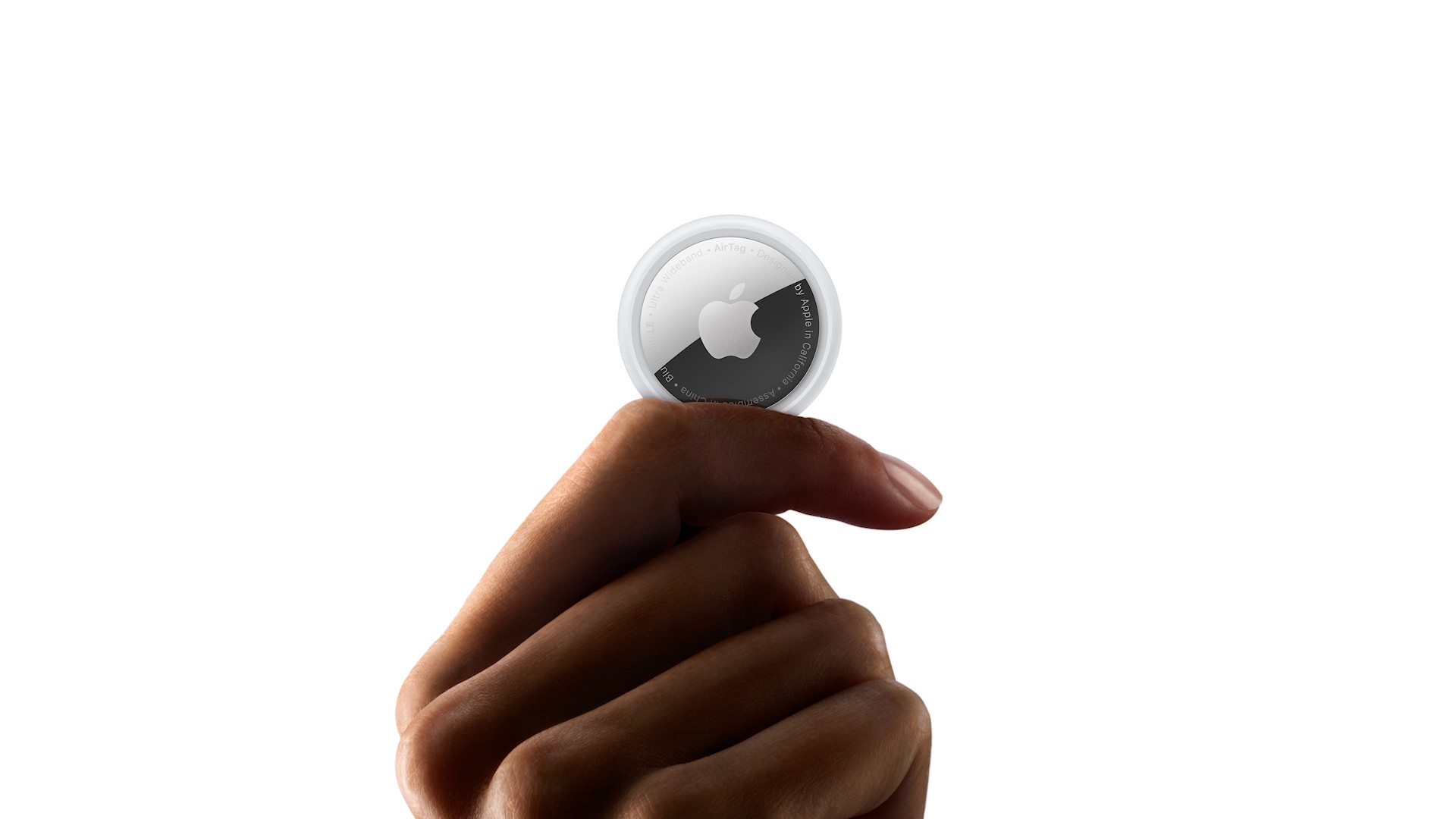
Like all consumer goods, products too Apple it must undergo extensive and rigorous testing not only in the United States but also by the regulatory agencies of the countries where the device itself will be sold. This, of course, before it even hits the market. This case is particularly interesting because AirTags have been the subject of speculation for the entire two years since the company filed for them. At the same time, it always seemed that their launch was just around the corner.
The FCC isn't the only one behind the delay
Apple itself is probably to blame for the delay itself. We are fine AirTags they could wait until last year, but for the company it would mean possible exposure to a significant risk. It thus focused on updating the Find application and opening it up to third-party products. If the company released its hardware accessories first, for which it would have ideally tailored software, and there was no room left for anyone else, this would be anti-competitive behavior and Apple would face many lawsuits, which it would probably lose and thus have to pay significant fines .
By this step, i.e. by opening the Find network to third-party tent companies, even before launching its own product, it does not have its own solution, i.e. AirTags, no advantage over possible competition. Even so, there is controversy with Tile, which has a similar ecosystem, but within its less widespread solution. Which of course she doesn't like and tries to kick in all directions. Of course, nothing prevents her from entering the ecosystem Apple penetrate deeper as the brands have done Belkin, VanMoof a Chipolo, but this is about money first and foremost. Apple's solution is intended only for communication within Apple devices (labels can also be loaded by Android devices, but not searched for). And that's what's the problem for Tile. You can use its current labels with both iOS and Android, the new ones for Find would then be exclusively for iOS, which would not be interesting for the rest of the market = less sales and less profits.
It could be interest you

- You can buy Apple products, for example, at Alge, Mobile Emergency or u iStores
 Adam Kos
Adam Kos 